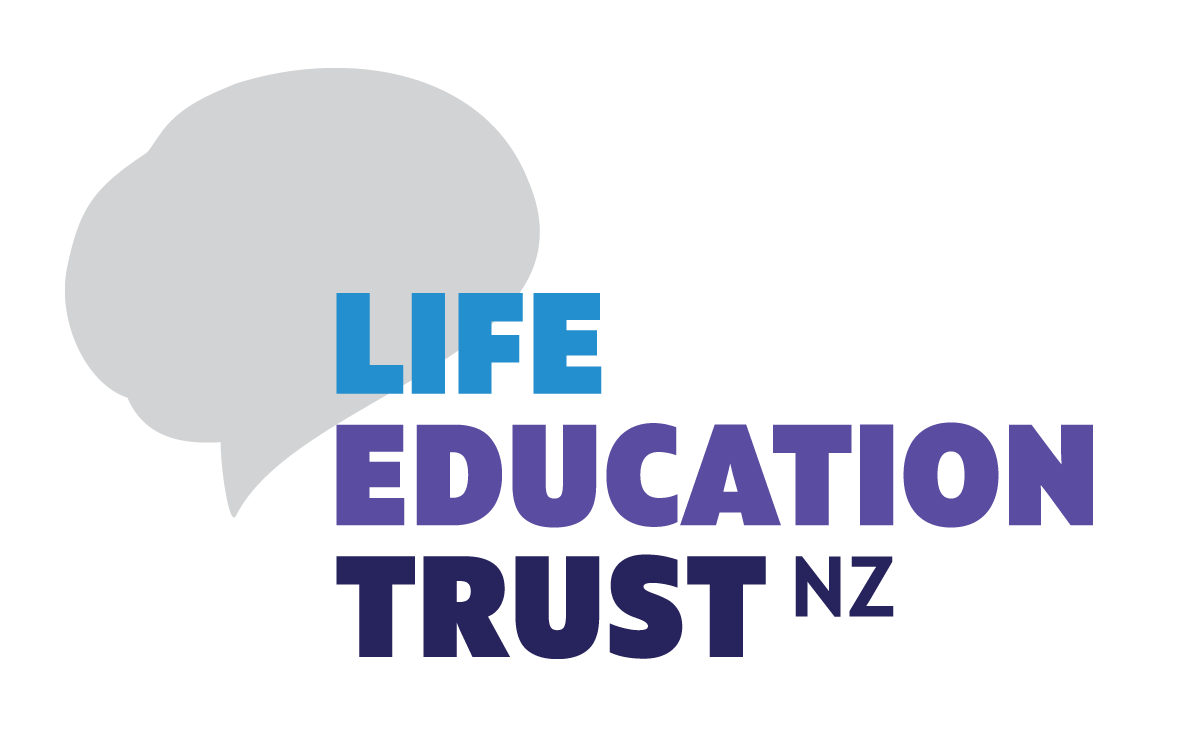Keeping tamariki safe and empowering decisions
| In an ever changing world, its important tamariki feel safe, especially when they are making choices and decisions. One of the roles of Healthy Harold and Educators at Life Education Trust is to ensure students have an understanding of identity and resilience, relationships and communities, and how these can impact on the choices and decisions they make. |
Working alongside teachers, Life Education Educators individually tailor each session to suit the needs of children, and incorporate teaching that is already being done in the school classroom.
According to Life Education Trust’s Michelle Dow, Educators have noticed an increase in demand from schools and teachers on mental wellbeing and relationships topics.
“Our style of delivery allows a safe environment for students to share their ideas and build their resilience strategies. Within this we may cover areas such as conflict resolution, friendships, stress management and personal identity to name a few,” says Michelle.
As the worlds pace accelerates, so does Life Education. They keep abreast of latest research and student needs and develop their teaching to reflect this to support schools.
During one Life Education session, an Educator was talking to a class of year five and six students. They were talking about how to keep themselves safe, how to make decisions and why their reputation and identity are so important. The students were discussing how societal and personal influences impact on the choices they make, while exploring different options and scenarios to identify decisions that lead to better outcomes. They also spent time talking about the consequences of actions and recognising how they are responsible for the decisions they make.
Out of the blue, one of the students shared an experience where, during summer a couple of years back, she had been hanging with a group of friends. She didn’t know some the older boys, although her friends did. Everyone was jumping off the rocks into the water. She didn’t want to, but the older boys were pressuring her so she did jump.
During the discussion, the student revealed how for the last couple of years she had been feeling bad about the choice she made to jump. As the classroom talked with her about the choices she had made, the student realised she did have a choice and she could have chosen not to jump, even though at the time she had felt pressured.
The Educator observed the growing confidence of the student as she shared her story and how it helped her peers understand the importance of making positive choices. More importantly both the student and her class mates understood how sharing with adults, especially when they’re worried about something is a good thing and those adults in particular can help them with making decisions.
